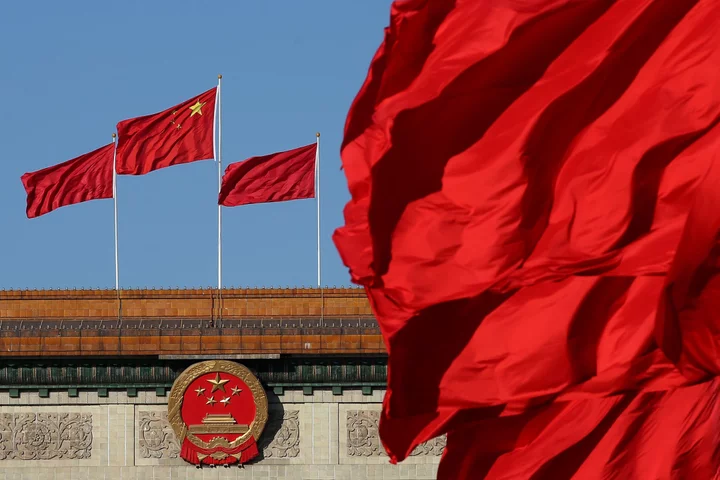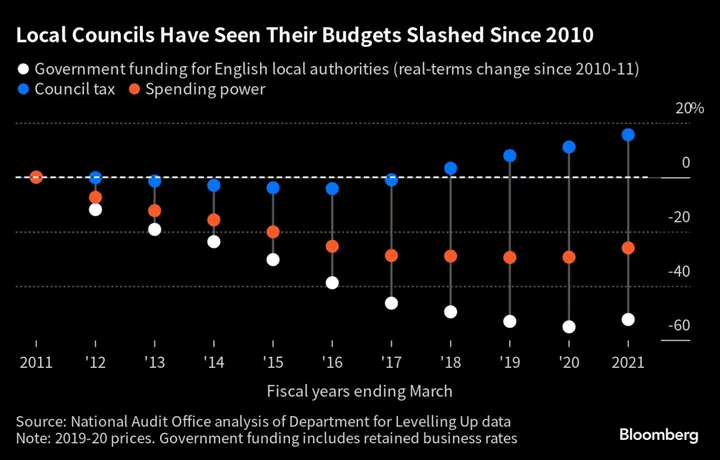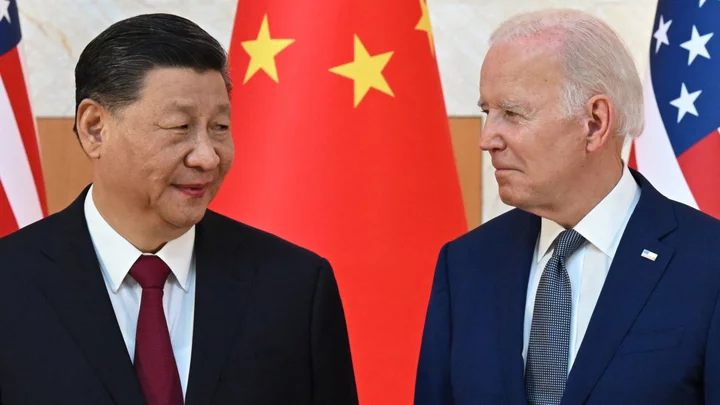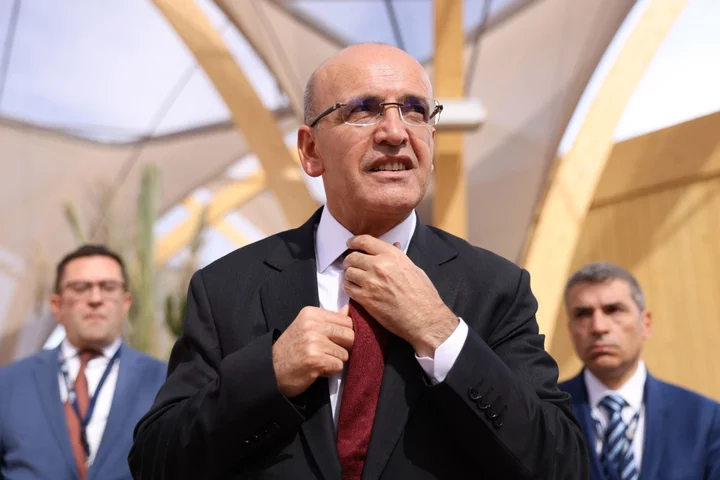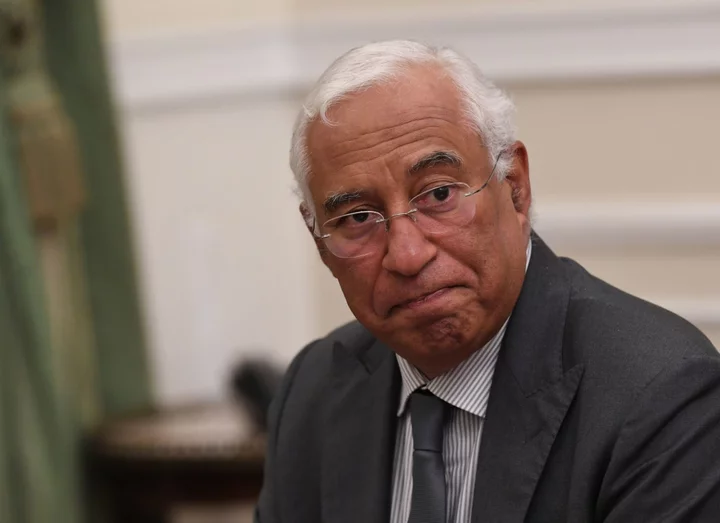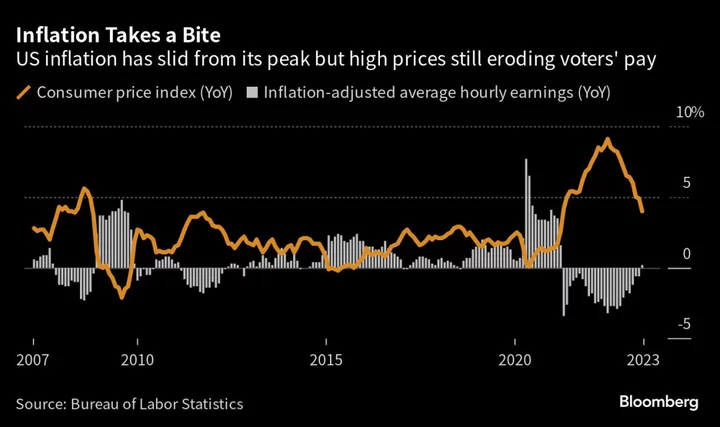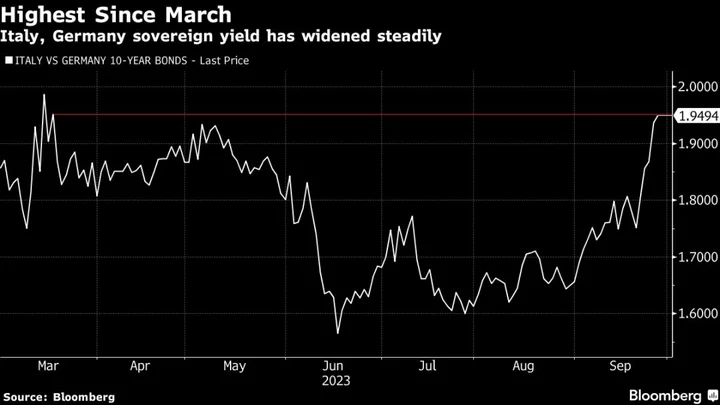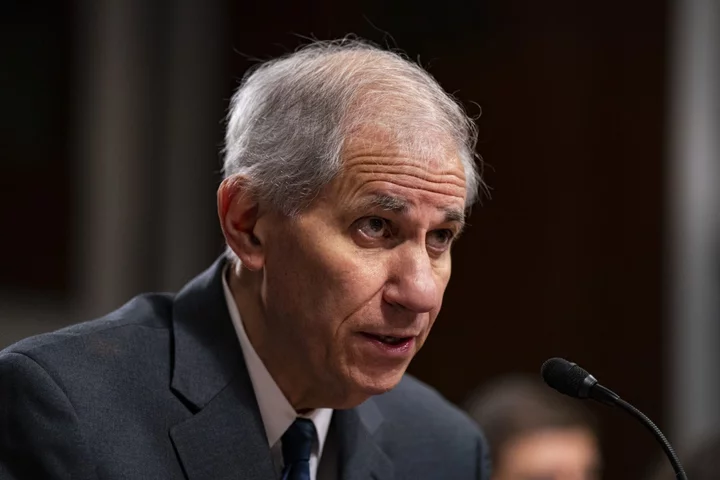China pledged to step up auditing work to ensure the Communist Party’s major policy initiatives are enforced and that public funds are used properly, a possible warning to local officials as economic concerns mount.
President Xi Jinping chaired a meeting of the Central Auditing Commission Tuesday, which agreed to ramp up supervision this year on the use of fiscal funds and other government measures to stabilize economic growth, employment and prices, according to a readout from state broadcaster CCTV.
Auditors will also focus on policies intended to boost the financial sector’s support to the real economy, and closely monitor key areas including local government debts, real estate, food and energy to prevent systemic risks, according to the report.
The meeting shows Beijing’s concern about “wayward local governments in particular,” said Christopher Beddor, deputy China research director at Gavekal Dragonomics. “The party is also clearly looking to exercise more top-down control over the state, and auditing plays an important disciplinary role in that effort.”
Beddor said it’s possible local governments will face greater scrutiny over their so-called hidden debt, or off balance-sheet borrowing. As the dangers of hidden local debts have become a focus of domestic policy conversation, it’s “not inconceivable” that a new around of audit of local government implicit borrowing might be under consideration, he said.
The audit group is just one of the various powerful committees Xi has set up since he began his precedent-breaking third term, pushing to expand the party’s influence in everything from the economy and financial markets to technology development and social work. Auditing has also been a key tool the authorities used to crack down on corrupt officials and tighten control on data security.
Officials vowed to enhance the “political nature and political function” of auditing in making sure the party’s policies are being implemented, in the same way that “figures are directed to move by the arm,” according to the readout of the meeting. All areas where public funds, state-owned assets and state-owned resources are used shall be included in auditing so that a “regular and dynamic deterrent” is installed, it said, calling for auditors to become an “economic supervision squad.”
Corruption involving the linkage between political and economic issues will be firmly curbed, officials warned, with sectors where power, funding and resources “concentrate” to be targeted in particular, according to the CCTV report. Auditing results will also be used in the assessment, appointment and rewarding and punishment of officials, it added.
Chinese authorities have stressed a need to ensure economic growth while also curbing financial and other risks. Over the past year the nation’s top disciplinary watchdog has sharply criticized financial regulators and big companies for failures, and Beijing announced sweeping changes to its financial regulatory system in March.
(Updates with additional details throughout.)

